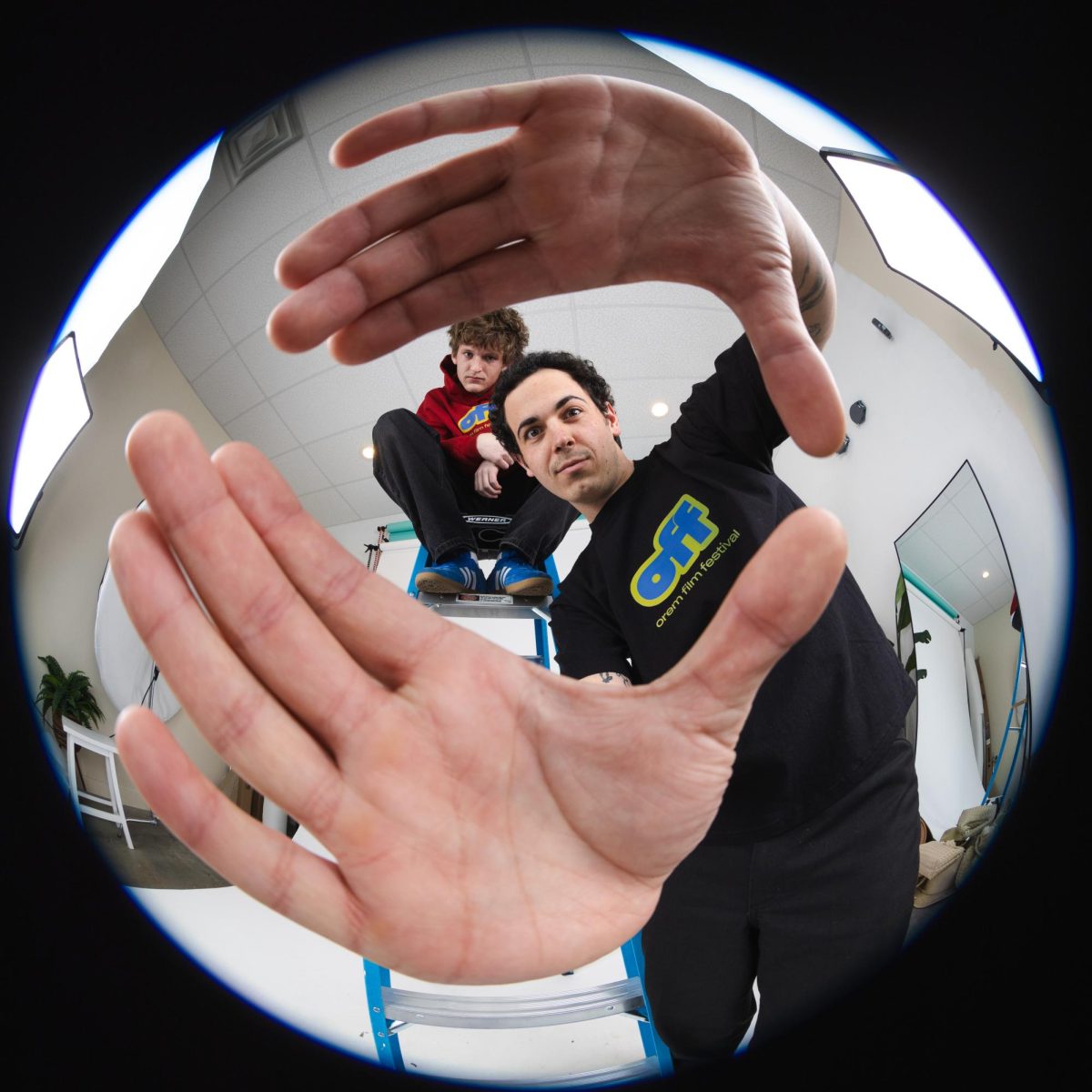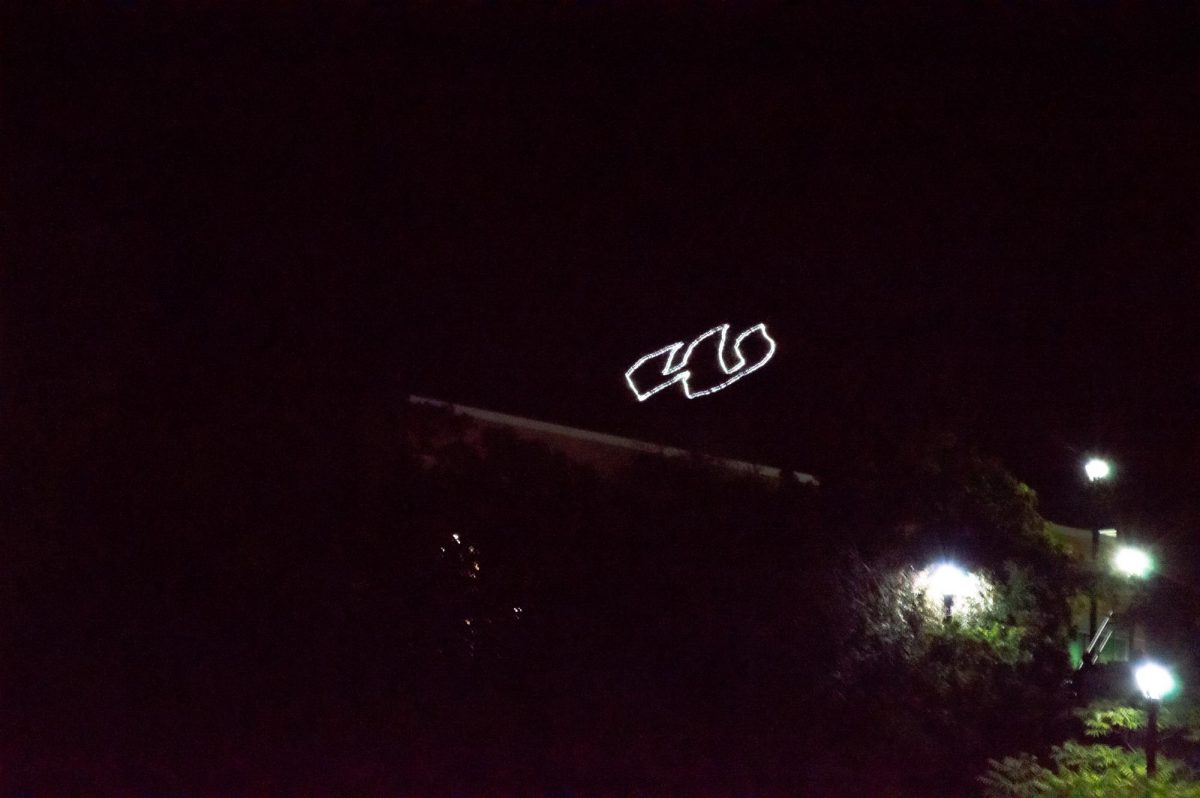Take a moment to imagine all the plastic you use throughout the day—a plastic bottle for your water, a plastic bag for your sandwich and ten plastic bags full of groceries. Perhaps you stop for a soda on the way home from work, and they fill you up a 44-ounce plastic cup for the road.

Plastic has become a staple in the everyday life of most people and yet many refuse to acknowledge what’s happening to the planet as a result.
A new study has recently been published in the journal “Anthropocene.” The research has proclaimed that we’ve entered into an “Age of Plastic.”
The researchers believe that we have entered into a new epoch, which is longer than an age and shorter than a period, called Anthropocene. This new epoch is defined by the production of plastic and how it will come to effect the planet.
The research was led by the University of Leicester and was worked on by a team of international scientists. Those working on the study included Jan Zalasiewicz and Mark Williams, professors at Leicester; Yasmin Yonan, a Ph.D. student; and Field Archaeologist Matt Edgeworth.
“We now make almost a billion tons every three years,” Zalasiewicz said of plastic production. “If all the plastic made in the last few decades was clingfilm, there would be enough to put a layer around the whole earth.”
Researchers said that plastic will dominate both oceans and land by midcentury. That means that by the year 2050—which is only 34 years away—our planet Earth will be covered in plastic waste.
The study also discussed that plastic is incredibly difficult to degrade, which means that the effect of the plastic waste on the Earth, both land and sea, will be long-lasting.
The plastic that is left behind can make its way almost anywhere. According to the study, the plastic can end up caught in an ocean current and make its way to another shore or get stuck in the ocean and eventually sink to the bottom.
Researchers believe that once the plastic is buried deep within the Earth, it has the potential to become fossilized. This means that the plastic from today could be around for generations to come.
During the 2016 year, the Anthropocene Working Group, led by Zalasiewicz, will be essential in the decisions of formalizing this new time unit and how it should be defined.


















